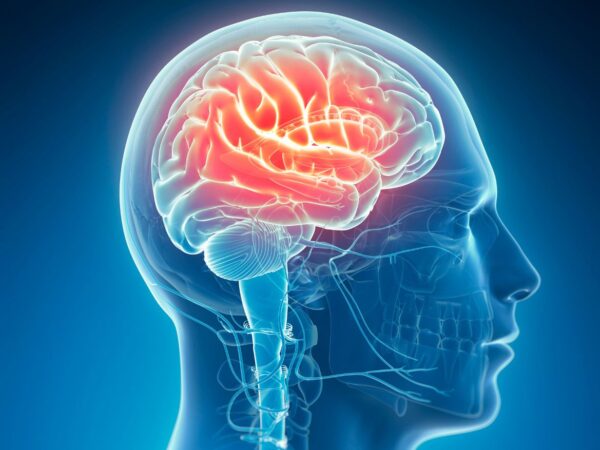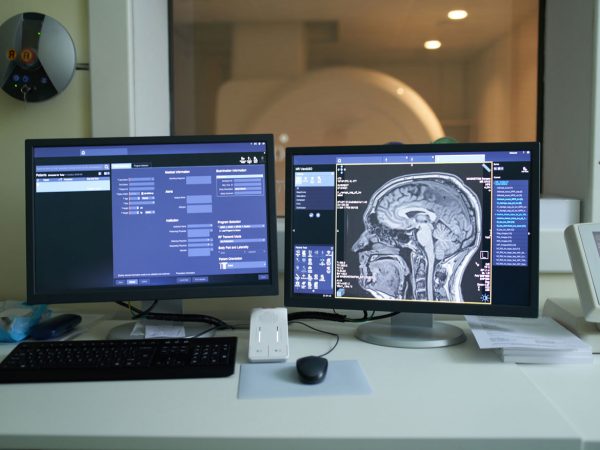
What Are the Legal Challenges in Proving a Brain Injury Case?
Brain injuries are some of the most complex and serious injuries in personal injury law. Whether caused by car accidents, falls, medical malpractice, or workplace incidents, proving a brain injury case presents several legal and medical challenges. Unlike other physical injuries such as broken bones or cuts, brain injuries are often invisible, making them more difficult to diagnose and prove in court.
To successfully pursue a brain injury claim, a plaintiff must establish liability, prove the extent of the injury, and demonstrate the long-term impact on the victim’s life. This requires strong medical evidence, expert testimony, and strategic legal representation.
1. Establishing Liability in a Brain Injury Case
One of the first and most critical legal challenges in a brain injury case is proving that the defendant is responsible for the injury. Brain injuries can occur in a variety of situations, including car accidents, slip and fall incidents, sports injuries, workplace accidents, and medical malpractice.
To establish liability, the plaintiff must demonstrate that:
- The defendant had a duty of care to act in a reasonable and safe manner.
- The defendant breached that duty through negligence or wrongful actions.
- The breach directly caused the brain injury.
- The victim suffered damages as a result of the injury.
This process can be complicated when multiple parties are involved, such as in truck accidents where both the driver and the trucking company could share responsibility. Additionally, defendants may argue that the brain injury was pre-existing or caused by another event, further complicating the case.
2. Proving the Existence and Severity of a Brain Injury
Unlike visible injuries, brain injuries often do not show immediate outward signs. Many victims appear physically fine but suffer from cognitive impairment, memory loss, and emotional distress. This makes it difficult to prove the extent of the injury, especially if medical records are inconclusive or if the victim did not seek immediate medical attention.
To prove the existence and severity of a brain injury, a plaintiff typically relies on:
- Medical Imaging Tests: MRI and CT scans can reveal damage, but in some cases, brain injuries are microscopic and may not be easily detected on standard scans.
- Neuropsychological Evaluations: These tests assess cognitive function, memory, attention, and problem-solving skills.
- Expert Testimony: Neurologists, neuropsychologists, and medical professionals can provide detailed explanations of how the brain injury affects the victim’s daily life and future health.
- Personal Testimonies: Statements from family, friends, and coworkers can provide evidence of behavioral changes and cognitive impairments resulting from the injury.
3. Overcoming the Defense’s Arguments
Defendants and insurance companies often challenge brain injury claims by arguing:
- The Injury is Mild or Nonexistent: Since some brain injuries do not appear on imaging tests, insurers may claim that the victim is exaggerating their symptoms.
- The Injury Was Pre-Existing: If the victim had prior concussions or medical conditions, the defense may argue that the current symptoms are unrelated to the incident in question.
- The Plaintiff Has Recovered: Some brain injuries have delayed or fluctuating symptoms, and insurance companies may argue that the victim is no longer suffering from the effects of the injury.
- Comparative Fault: In some cases, the defense may try to blame the victim for their injury, arguing that they were partially responsible for the accident.
To counter these arguments, a skilled personal injury lawyer will collect strong medical evidence, use expert testimony, and establish a clear timeline of how the injury occurred and how it has affected the victim’s life.
4. Demonstrating the Long-Term Impact of a Brain Injury
Brain injuries can have lasting consequences, affecting a victim’s ability to work, maintain relationships, and enjoy daily activities. Some of the most common long-term effects of a brain injury include:
- Memory loss and cognitive impairments
- Difficulty concentrating or processing information
- Personality changes and mood swings
- Chronic headaches and dizziness
- Increased risk of neurological disorders such as epilepsy or Alzheimer’s disease
Proving these long-term consequences is crucial in securing adequate compensation. This requires medical records, neuropsychological assessments, and testimony from vocational experts who can explain how the injury has impacted the victim’s ability to earn a living.
5. Challenges in Securing Fair Compensation
Insurance companies are known for minimizing payouts in brain injury cases. They may offer settlements that do not fully cover medical expenses, lost wages, rehabilitation costs, and long-term care. Victims of brain injuries often face:
- Delays in Claim Processing: Insurers may prolong the case to pressure victims into accepting a lower settlement.
- Disputes Over Medical Costs: Insurers may refuse to pay for certain treatments, arguing that they are unnecessary.
- Lowball Settlement Offers: Initial settlement offers are often far lower than the actual costs associated with the injury.
An experienced brain injury attorney will negotiate aggressively with insurers, ensure all damages are accounted for, and take the case to trial if necessary to secure full compensation for the victim.
6. The Importance of Legal Representation in Brain Injury Cases
Due to the complexity of brain injury cases, hiring an experienced attorney is essential. A knowledgeable lawyer will:
- Conduct a thorough investigation: Gathering medical records, accident reports, and expert testimony to build a strong case.
- Handle negotiations with insurance companies: Ensuring that victims do not settle for less than they deserve.
- Represent the victim in court: If a fair settlement cannot be reached, an attorney will present the case before a judge and jury.
- Work with medical and financial experts: These experts can provide valuable insights into the long-term costs and impact of the injury.
Overcoming Legal Hurdles in Brain Injury Cases
Proving a brain injury case involves numerous legal and medical challenges, from establishing liability and proving the severity of the injury to countering defense arguments and securing fair compensation. Brain injuries can have devastating effects on a victim’s life, making it critical to have strong legal representation to navigate the complexities of the case.
If you or a loved one has suffered a brain injury due to another party’s negligence, seeking the assistance of an experienced personal injury attorney is crucial. Contact LA Personal Injury Attorneys today for a free consultation to discuss your case and ensure you receive the justice and compensation you deserve.


